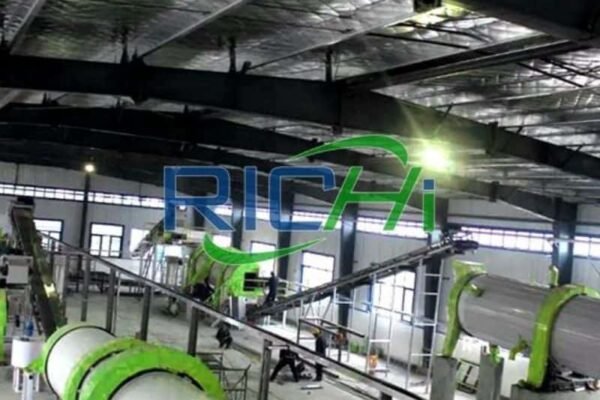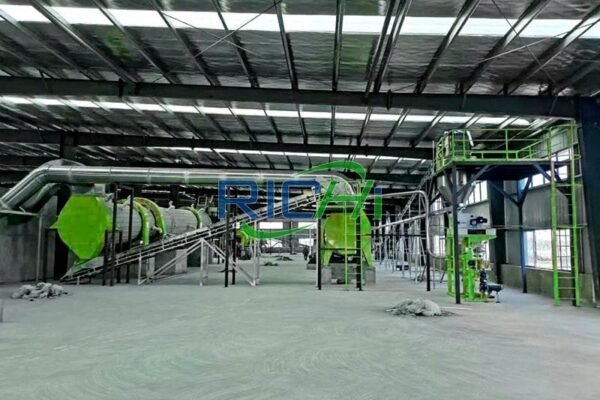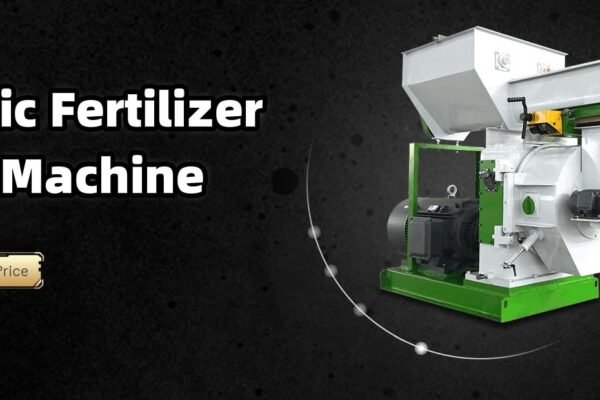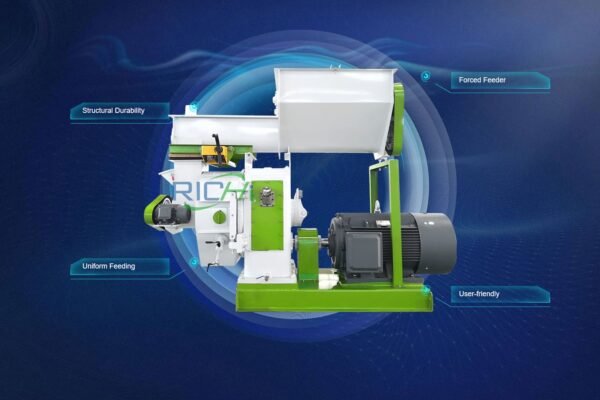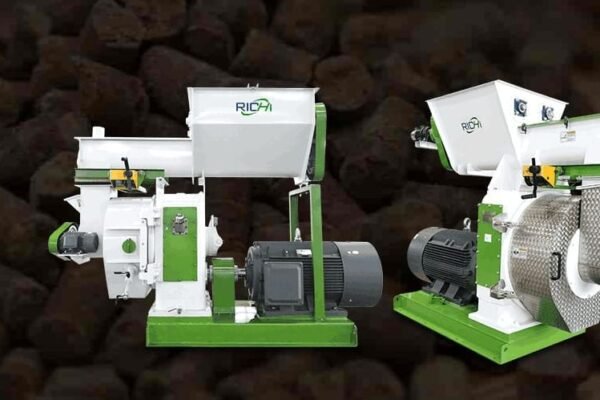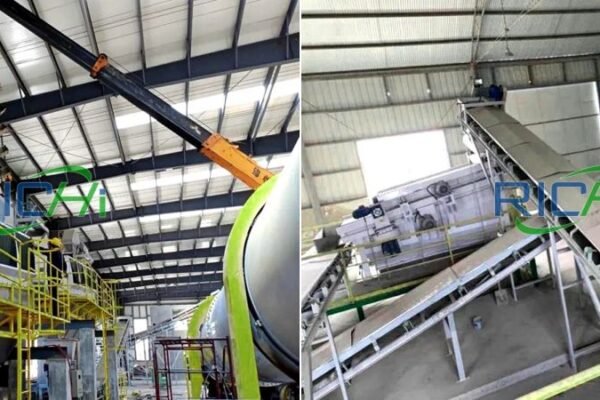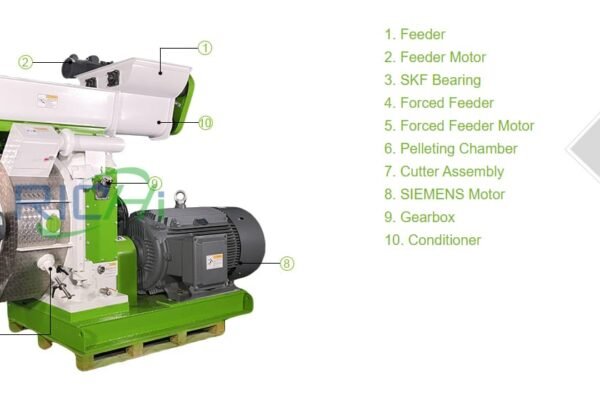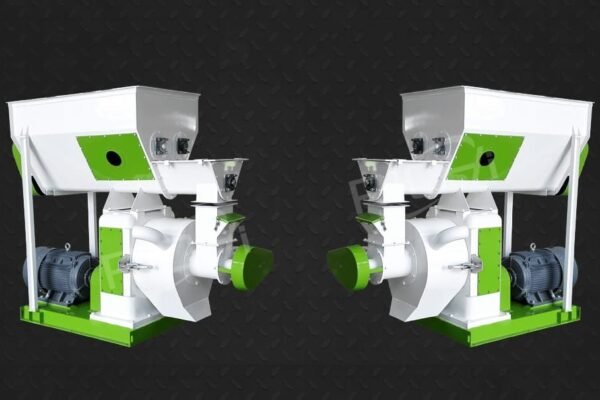Organic Fertilizer Machinery: Essential Equipment for Sustainable Fertilizer Production
Organic fertilizer machinery plays a vital role in modern agriculture by transforming organic waste into valuable, eco-friendly fertilizer products. As global demand for sustainable farming and soil improvement continues to grow, organic fertilizer machinery has become essential for fertilizer manufacturers, agricultural enterprises, and waste recycling projects. By using advanced organic fertilizer machinery, producers can improve…





